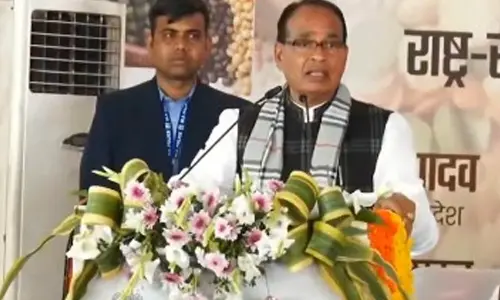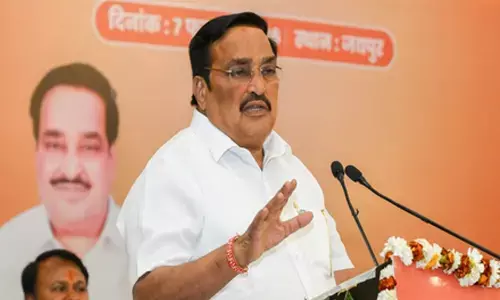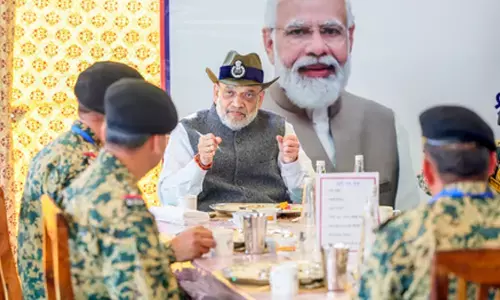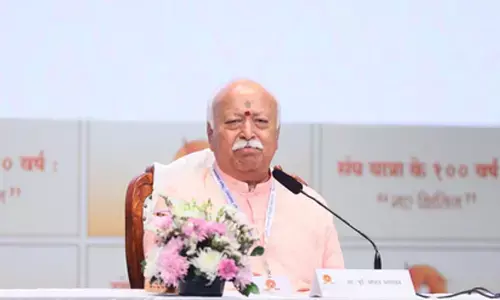MyVoice: Views of our readers 14th March 2020
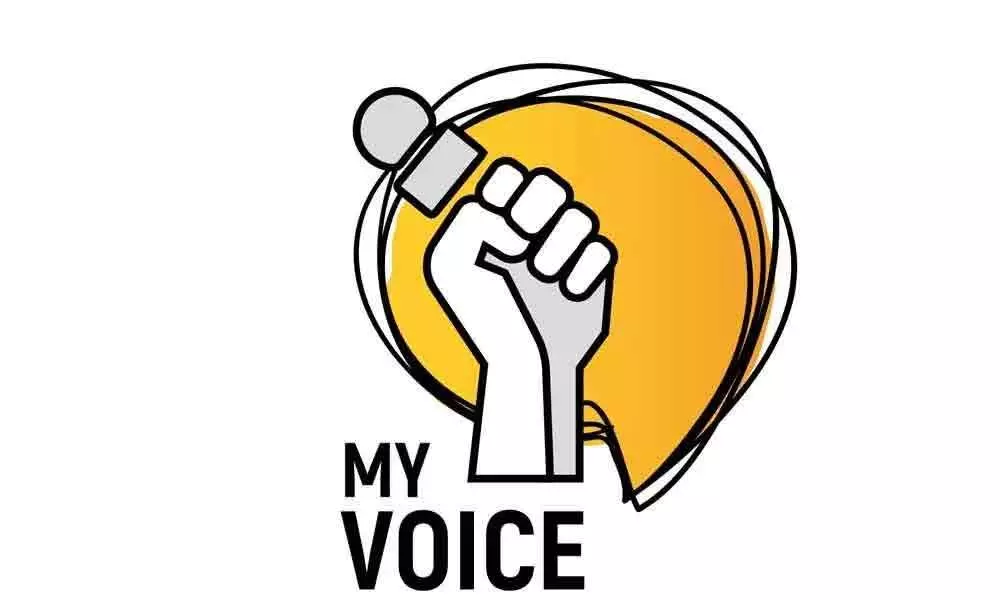
MyVoice: Views of our readers 14th March 2020
A pandemic that sends shivers down the spine
Given the eerie monster of coronavirus keeping the life of everyone under threat, frequent washing of hands has turned out to be an inevitability to all of us.
This trend will entail more and more use of clean water for washing of hands which will in turn lead certainly to a great dearth of water in the coming months of hot season.
Unless the government wakes up and makes all out ventures like recycling of water and all that jazz to make clean water available for use by the masses across the length and breadth of the country.
Generous use of water resulting from washing hands off by the people will unfailingly lead to an unprecedentedly acute water crisis across all the States in the hot days ahead.
H Narayanan, Yelahanka New Town, Bengaluru
II
Had the coronavirus surfaced from India, the result would have been catastrophic. The competence of our government is not the question. It is the attitude of the citizens of this country which vitiates the situation.
The Chinese government could function in an autocratic manner and impose tough restrictions on its citizens with no questions asked. Throughout the lockdown period, there was no PILs, no suits filed in any of its courts to question the government's moves and actions.
They committed a cardinal mistake of being indifferent in the first fortnight which resulted in a major outbreak. In India, any of government's move to impose restrictions would have resulted in a battery of PILs all over the courts across the country by all sorts of NGO's and all do-gooders like Prashant Bhushans, Kanhaiahs, Yechurys and the like.
They may even ask for a commission to go into the spread and divert government's attention and focus from the important issue. Chinese could succeed only because of their no-nonsense governance. To top it all, we have a very proactive judiciary waiting to pounce on the government.
J Kannan, Srinagar Colony, Hyderabad
III
The impact of coronavirus is not limited to our bodies. Stocks are tumbling across the world, oil prices have dropped sharply, the biggest plunge since the start of the 1991 Gulf war, flights are being suspended, travel bans are being issued, mass events cancelled, and jittery governments across the world are hastily putting together measures to contain the risk, count confirmed cases, and quarantine those infected.
Research teams all over the world are trying hard to figure out the facts. And the rest of us are desperately trying to process any information that comes our way, both true and false.
Every day there is something new on social media - a story, a rising ticker, or a shocking video, that makes it difficult to be objective. Constant monitoring of news updates and feeds amplifies the perceived risk, and significantly increases stress.
Anxiety disorders rank as one of the most common mental health problems across the globe, with 1 in 13 already suffering from it. It gets worse in a pandemic.
There is so much attention on the physical manifestations of the infection, that we tend to forget the mental damage it causes to a far greater number of people. Panic is more dangerous perhaps than the virus itself.
However, it can be contained. The right communication can make all the difference - at the right time, at the right frequency and supported by the right action.
Ananya Rao D, Banjara Hills, Hyderabad
IV
It is heartening to see the health authorities are responding to the growing coronavirus threat across the country. Across cities, they have swung into action to trace the people—family, friends, flatmates, colleagues—the infected may have come into contact with, for testing and segregation.
Speed is the watchword. On China's success in stanching the crisis, a WHO expert spoke of unprecedented lockdowns and cordon sanitisers. Indeed, everything about COVID-19 has been about breakneck speed.
It was on New Year's Eve, that the WHO was notified of a cluster of cases of pneumonia of unknown cause in Wuhan. A week later, we had a new strain—from the same family of viruses that cause a common cold, but different from those that had previously gone on a worldwide rampage.
As the count of infected people in Wuhan rose alarmingly in mid-January, the Chinese system pulled off a stunning feat—a 1,000-bed hospital built in 10 days. In India, Kerala is the best example for tacking the dreaded virus with breakneck speed.
Avinash Arora, Secunderabad








